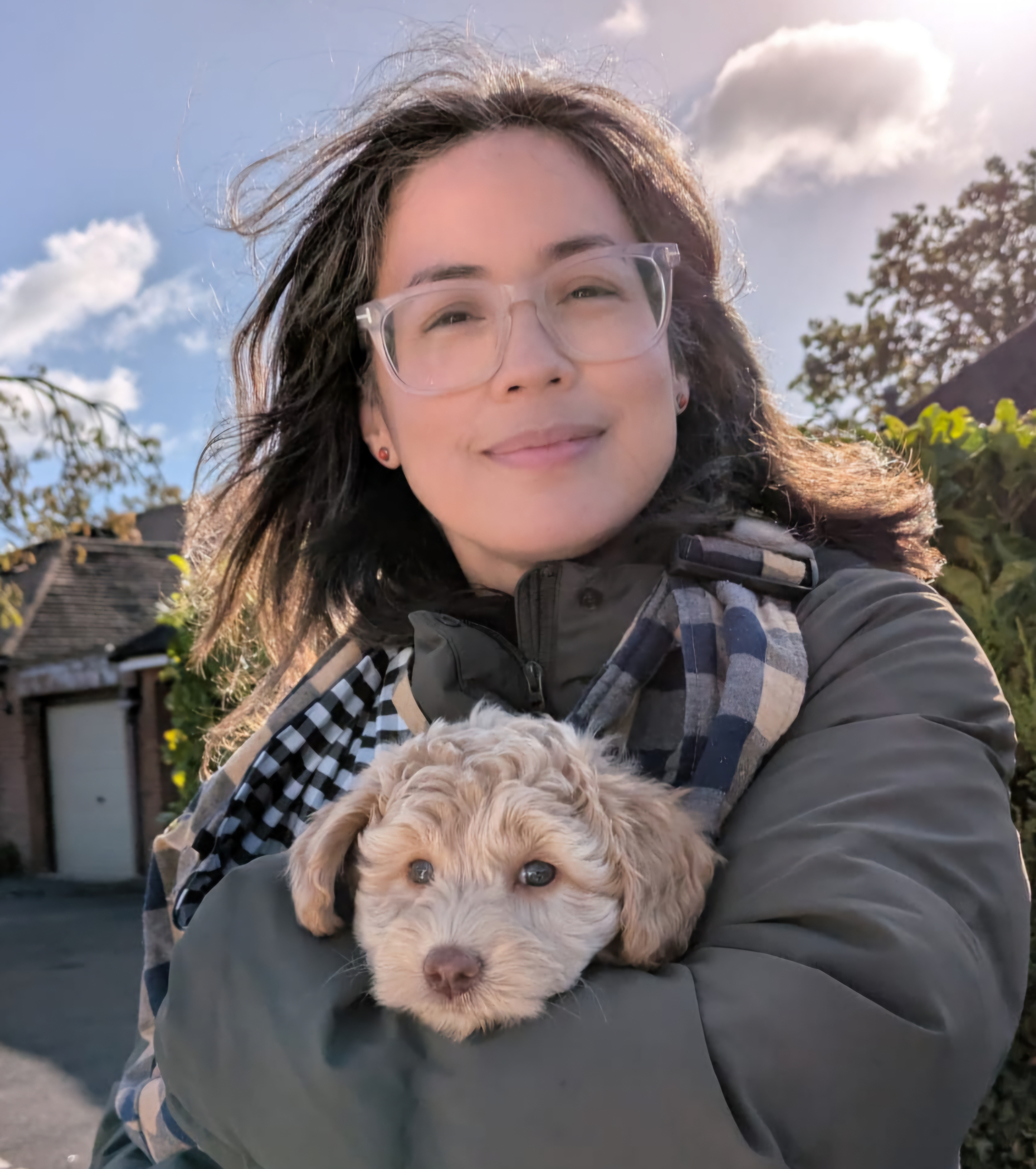
Elen is a GP, a clinical researcher, and a sibling to two brothers with schizophrenia. In 2024-25, supported by a CPE Participatory Research Fund grant, she has worked together with people who hear voices from global majority groups, QMUL academic psychiatrist Natalie Shoham , and a composer with a sibling who has experienced voices, to create a new piece of music. The end result: the first piece of music to describe what it’s like to hear voices made collaboratively with voice hearers.
This piece will debut at the Philharmonie Luxembourg in November 2025 and aims to decrease the stigma surrounding voice hearing and raise awareness of psychosis symptoms. These cultural shifts have been shown to reduce the duration of untreated psychosis, which in turn can improve outcomes both in the short-term and even 10 years later.
At the heart of this work was Elen’s collaboration with those with lived experience of serious mental illness from global majority backgrounds. Elen was able to connect with these collaborators through CoreArts, a Hackney-based organisation for people with severe mental illness that promotes health through the Arts.
While many researchers underestimate people with severe mental illness’ ability to take part in research, especially in projects that require high levels of engagement from participants, Elen has shown what can be achieved through meaningful and non-judgemental engagement.
By being open about having two brothers who have experience of hearing voices, she was able to create trust with the participants, something that is especially key with a group that might experience paranoia. From that open and honest starting point, Elen was able to create a safe, supportive and creative environment where her collaborators were able to share very personal experiences.
The results of this approach speak for themselves. Not only did Elen and the team create a world-first art piece, but those involved reported that they felt valued, had improved well-being, and wanted to be involved in future engagement projects. Despite wider assumptions about this group, Elen’s engagement practices ensured a high level of engagement with exceptional attendance and involvement.
Elen hopes that by sharing her experience, other researchers will seek to include people with severe mental illness in their research rather than actively exclude this group, as is often the case. For example, 75% of pain trials exclude people with mental illness.
Elen’s commitment to inclusivity and accessibility in public engagement, and to platforming lived experience, has been recognised by the CPE in her nomination as a QMUL Engagement Champion.
